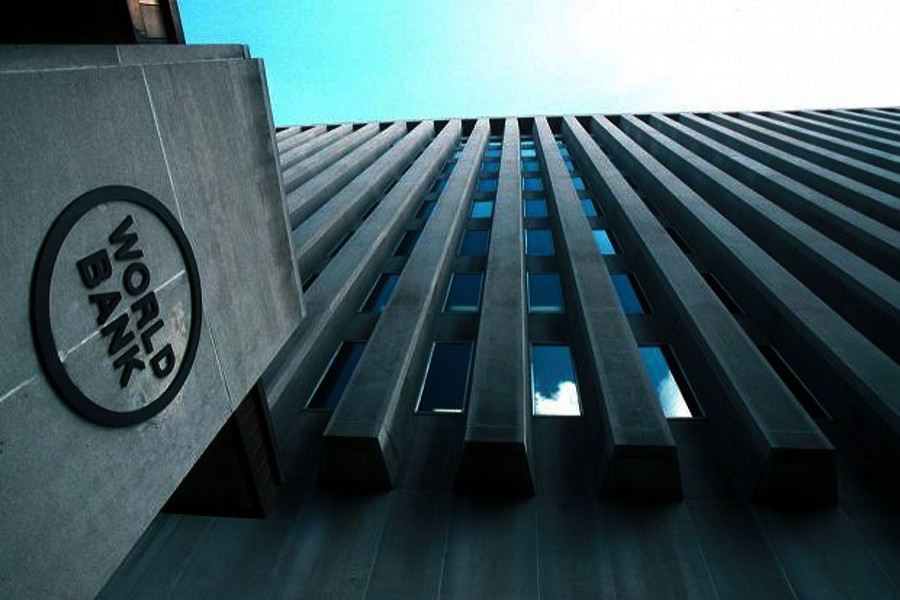The World Bank (WB) has made a set of recommendations, including setting up an Affordable Housing Commission, to make housing finance more available to people.
Its other suggestions include setting up a secondary mortgage market, introducing a credit migration tool, enabling environment for mortgage lending, and supply-side reforms for property and housing construction market.
The global lender made the recommendations in a policy note, submitted recently to the Ministry of Finance (MoF).
The WB said currently housing finance does not meet housing needs in Bangladesh.
In the country the access to housing finance remains very limited in large part due to lack of access to long-term funding by financial institutions (FIs). The FIs are unable to bridge the maturity mismatch arising from short-term deposits.
Furthermore, the authorities are concerned about potential destabilising effects of housing finance in the economy, with various regulatory restrictions in place, the policy note said.
Currently, over 432,000 new housing units are required in the country every year, following population growth and rapid urbanisation.
If housing production does not increase, the rural/urban transition suggests that slums may proliferate in urban centres, as unplanned housing has become the norm.
Bangladesh does not meet the expected level of housing finance development compared to similar other countries, it mentioned.
Until June 2019, the lending for housing finance amounted to Tk 738 billion, nearly 8.0 per cent of the total lending and 2.9 per cent of the gross domestic product (GDP), according to the policy note.
The bulk of housing finance is mostly from deposit resources that are short-term and high priced, as they have to compete with the government's national savings certificates.
Besides, the majority funding is also at variable rates, reflected in mortgage lending.
"The relative interest rate volatility creates uncertainty and risk for both borrowers and lenders, as monthly payments can jump to unaffordable levels."
"There is no capital market funding available that would help bridge the maturity mismatch for lenders and also provide fixed interest rate funding."
The private bond market is largely non-existent in the country, it added.
The policy note also identified multiple other barriers and obstacles, including the cost of registering mortgage loan and property transaction, low level of consumer education and awareness, and lack of creditor rights when enforcing a mortgage loan. "Finally, housing microfinance is quite limited," it added.
While making recommendations for setting up an affordable housing commission, the WB said the body would help reach a consensus among key stakeholders on the next step to start a meaningful change process in this field.
At present, there appears to be no such coordinating body, and an inclusive approach bringing in public and private sectors is more likely to lead to reforms and policy changes, it noted.
Such an approach is adopted most recently in Pakistan, where directives come from the prime minister directly.
Similar approaches have been taken by the UK's National Housing Taskforce, Australia's Future Housing Taskforce, and the PMAY scheme in India, which bring together multiple institutions at state and federal levels with a focus on housing.
For setting up a secondary mortgage market, the WB said this could either be established by developing a regulatory framework for mortgage securities, to be issued by banks or non-bank financial institutions, or by establishing a new body, like - a mortgage refinancing company.


